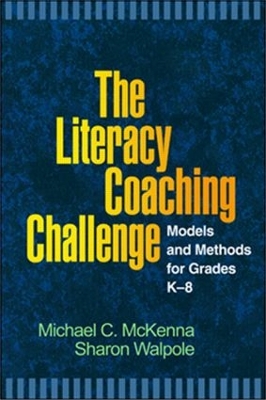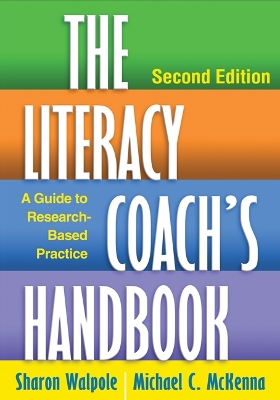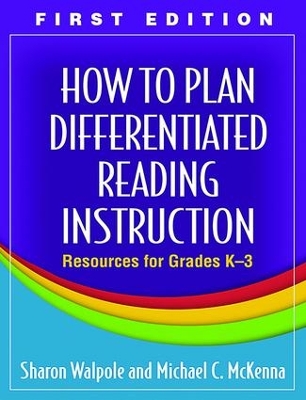Solving Problems in the Teaching of Literacy
3 total works
When the goal is supporting excellent teaching, there is no one-size-fits-all approach. This popular practitioner resource and text helps readers navigate the many choices involved in developing and fine-tuning a coaching program that offers the best fit for a particular school. The authors draw on current research as well as their extensive experience in K-8 settings. They provide clear guidance (with helpful reproducibles) on:
*Major coaching models and how to choose among them.
*Applying principles of adult learning and motivation.
*The role of reading assessment in coaching.
*Balancing classroom-level, grade-level, and whole-school tasks.
*Special considerations in middle school coaching.
See also The Literacy Coach's Handbook, Second Edition, which offers a complete primer on the role of the literacy coach and what coaches need to know to get started.
*A top seller, updated and expanded: includes the latest research, now covers PreK and grades 4-5, and addresses the Common Core standards and RTI.
*Provides clear, indispensable guidance on coaches' day-to-day tasks.
*Addresses the complexities of setting up a schoolwide literacy program and supporting teachers effectively.
*From well-known, highly regarded authorities on coaching.


